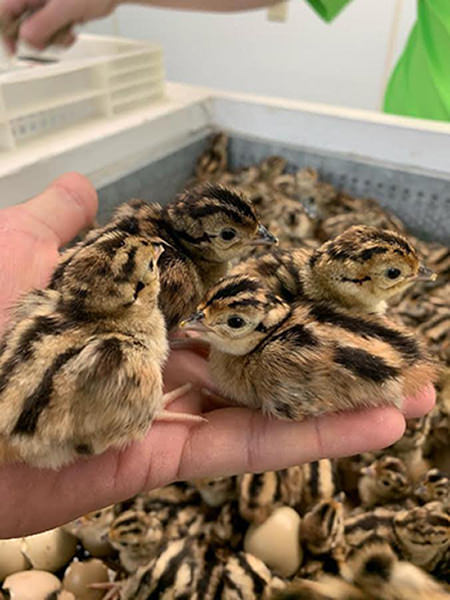Best Practices For Keeping Game Birds Safe At MacFarlane Pheasants
 We implemented biosecurity practices 35 years ago at MacFarlane Pheasants, and each year we refine our procedures to protect our game birds from disease. Our biosecurity team meets monthly to review protocols and to respond to the latest biosecurity concerns in bird populations. Avian Flu ( a serious bird virus) has affected many pheasant farms across the United States, even though it is common practice for all game bird farms to have stringent biosecurity practices.
We implemented biosecurity practices 35 years ago at MacFarlane Pheasants, and each year we refine our procedures to protect our game birds from disease. Our biosecurity team meets monthly to review protocols and to respond to the latest biosecurity concerns in bird populations. Avian Flu ( a serious bird virus) has affected many pheasant farms across the United States, even though it is common practice for all game bird farms to have stringent biosecurity practices.
When migrating, wild birds can be infected and carry the disease to new areas. If you have open bodies of water on your property, it attracts waterfowl, who can bring the avian flu virus with them. We are grateful that we are one of the “lucky” game farms not affected by this virus during this outbreak in the United States. Unfortunately, it is a wide spread virus that is affecting all areas of the game bird industry. Avian Flu can affect anyone who works with game birds, and we appreciate the hard work folks in our industry and our customers are putting in to defeat this disease.
How We Protect Our Birds
We educate our farm employees and drivers about the severity of Avian Flu and how we can prevent the disease on our farms, and we test our birds every 30 days. Employees must wear clean work clothes every day. All employees have designated work shoes. We don’t share break rooms, and sanitizer mats are outside all our buildings. We have tire washers at all our facilities’ entrances, and employees and visitors are required to use them. All crates are sanitized after deliveries. Our employees are fully suited when working with chicks. Extra precautions are taken at all times, including deliveries. You can find more advice online from the USDA on how to best protect poultry flocks from Avian Flu. We also sent a letter to all our current customers that addresses biosecurity measures that we are taking, and measures that anyone with game birds on their property should be taking.
Sarah Baker, our Mature Sales Coordinator, explained our delivery precautions this way, “I would say we are more cautious on deliveries. We logically plan our loads of game birds and how they are unloaded to protect ourselves and others. Whether customers buy from other supplies or simply have different bird species, we must work together to be safe. We have increased our minimum for deliveries to eliminate too many drops in one load.”
It is common for all suppliers in the industry to have a biosecurity plan and follow it to protect their birds. Suppliers, in the past, have bought birds from each other if one of them had extra. Producers have stopped this practice as a precaution against unknowingly spreading the virus.
How You Can Stay Up to Date on the Avian Flu
Information is the key to success in the game bird industry. The North American Game Bird Association (NAGA) has shared the expertise of its members about Avian Flu at most of its recent conferences. They are an excellent resource for information. Lastly, if we can answer any questions you have about our birds, or if you would like a copy of the letter we sent to customers regarding biosecurity and 2023 prices, please call us at 608-757-7881. We are happy to assist.
Related Posts
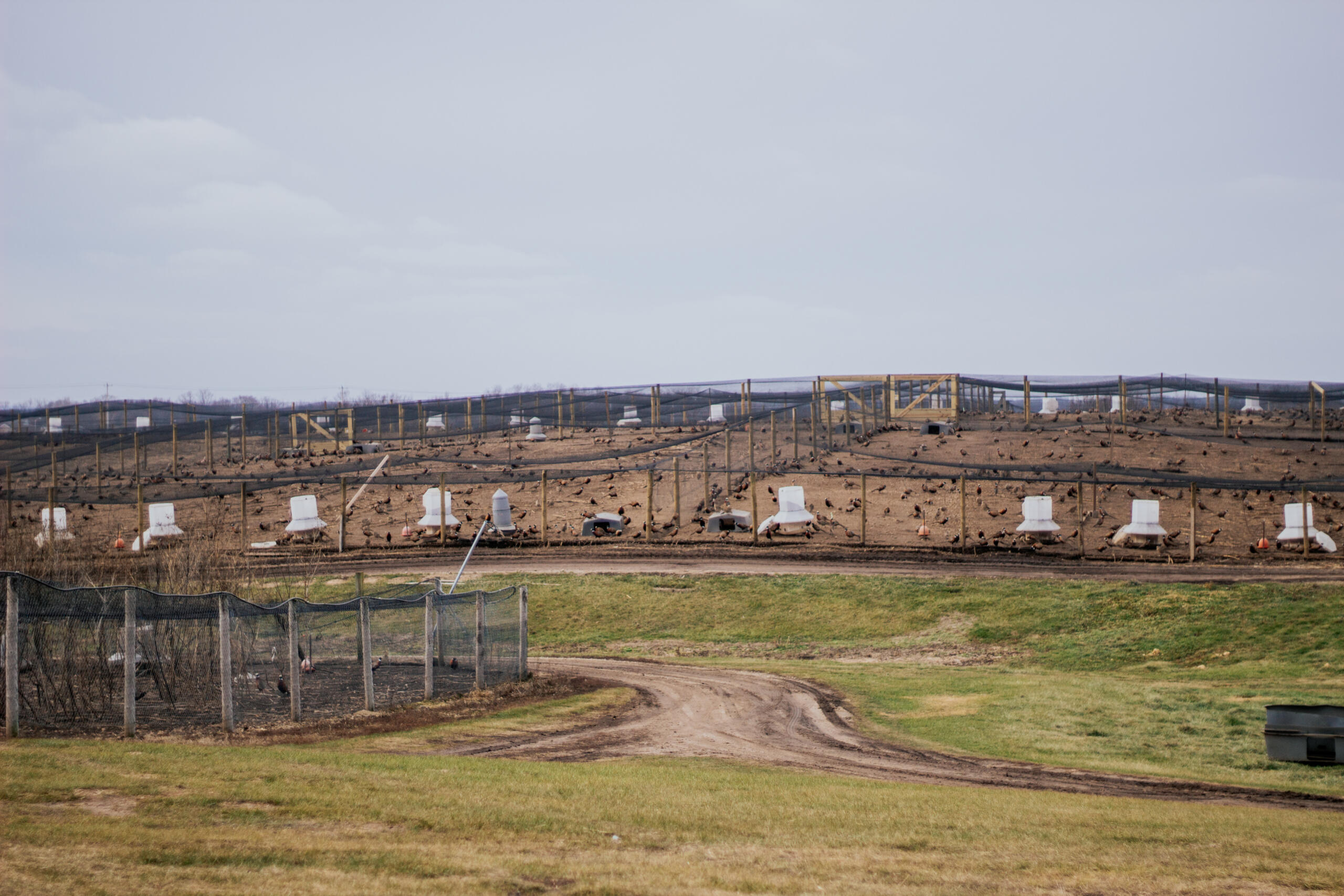
Preparing Our Barns & Pens Each Spring
Read Post
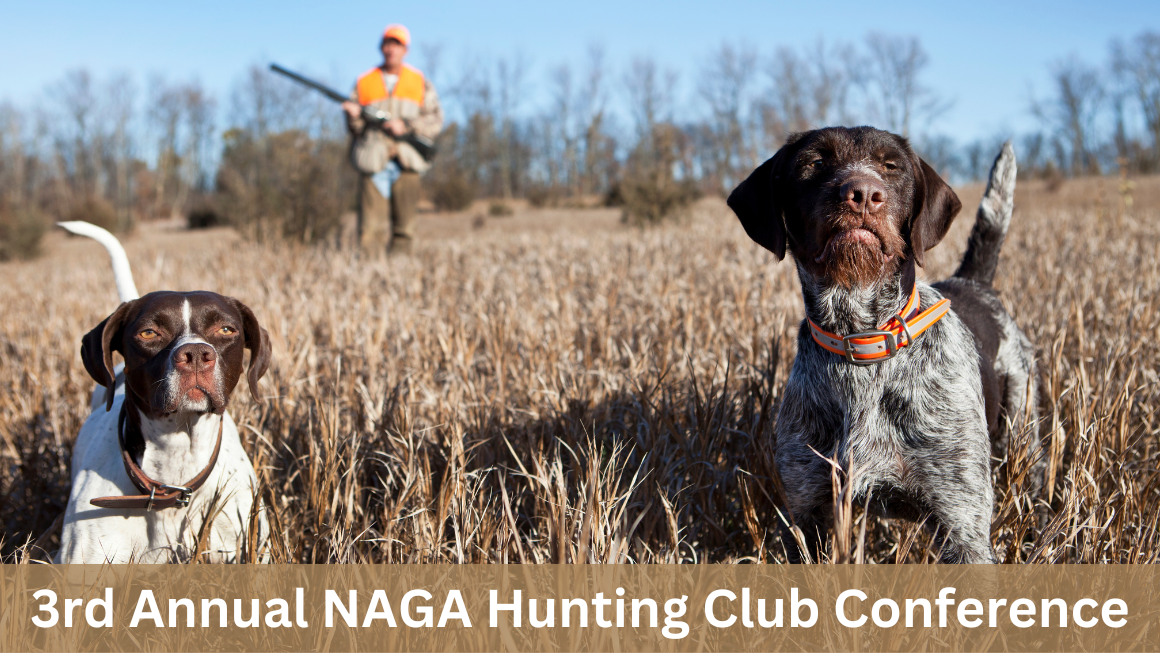
Join Us at the 3rd Annual NAGA Hunting Club Conference!
Read Post
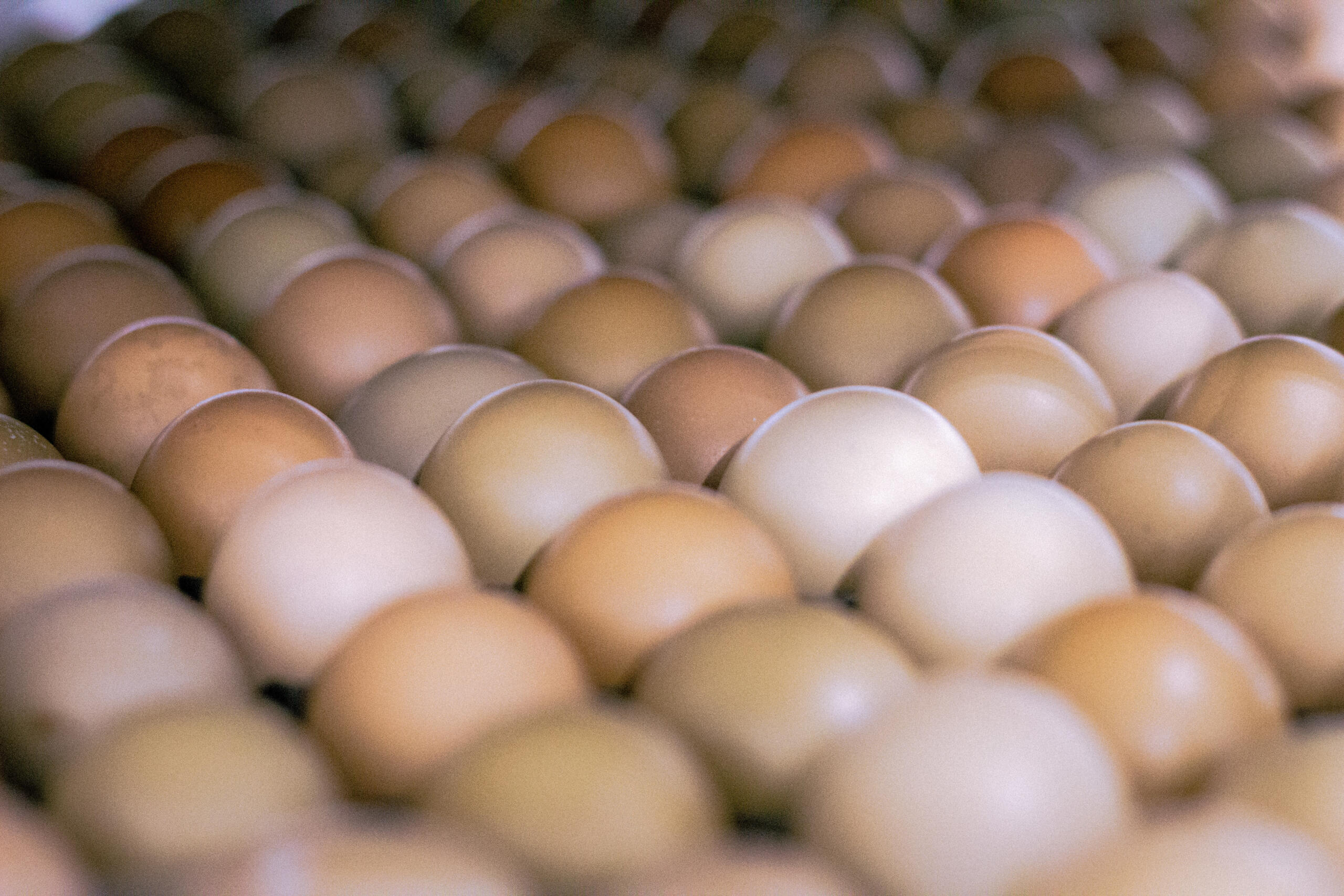
Incubation of Pheasant Eggs
Read Post
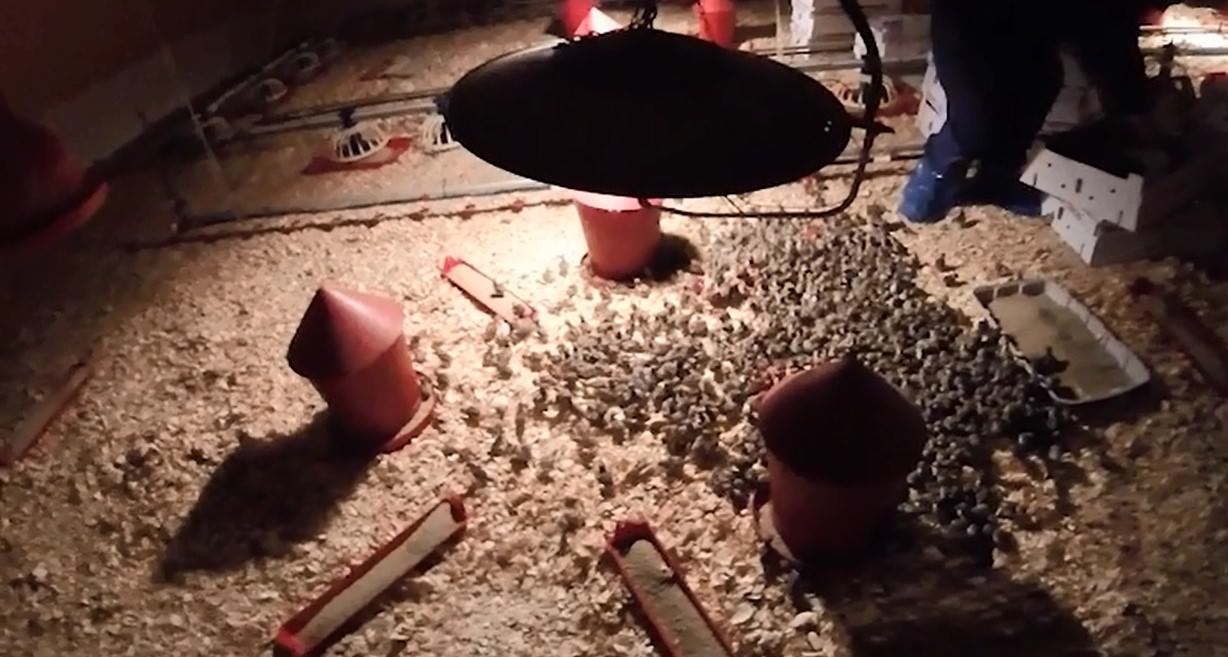
Interpreting Water Results
Read Post

NAGA Hunting Club Conference Registration is Open!
Read Post
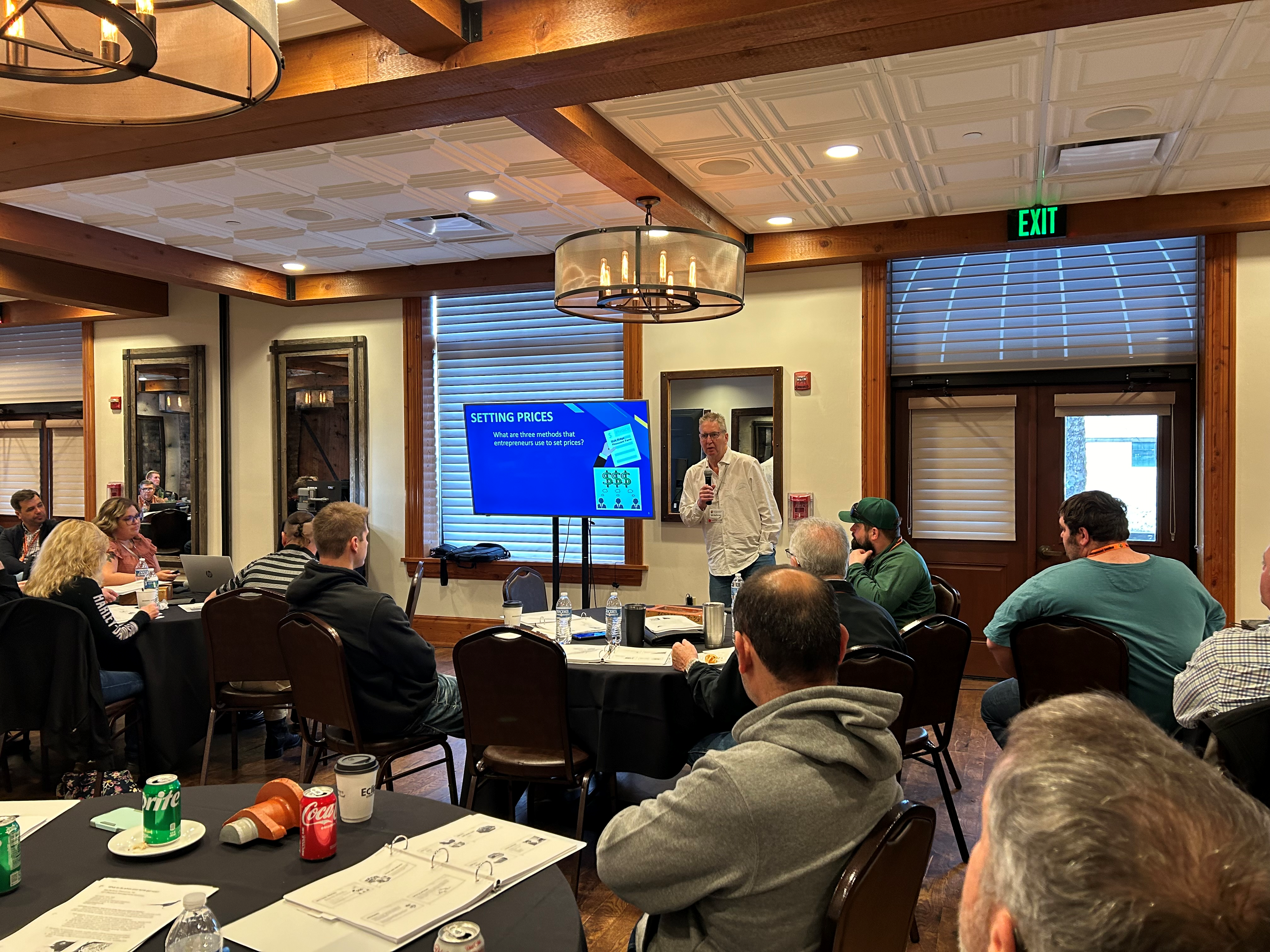
The 14th Biennial Pheasant Management Seminar-March 3-6, 2024
Read Post
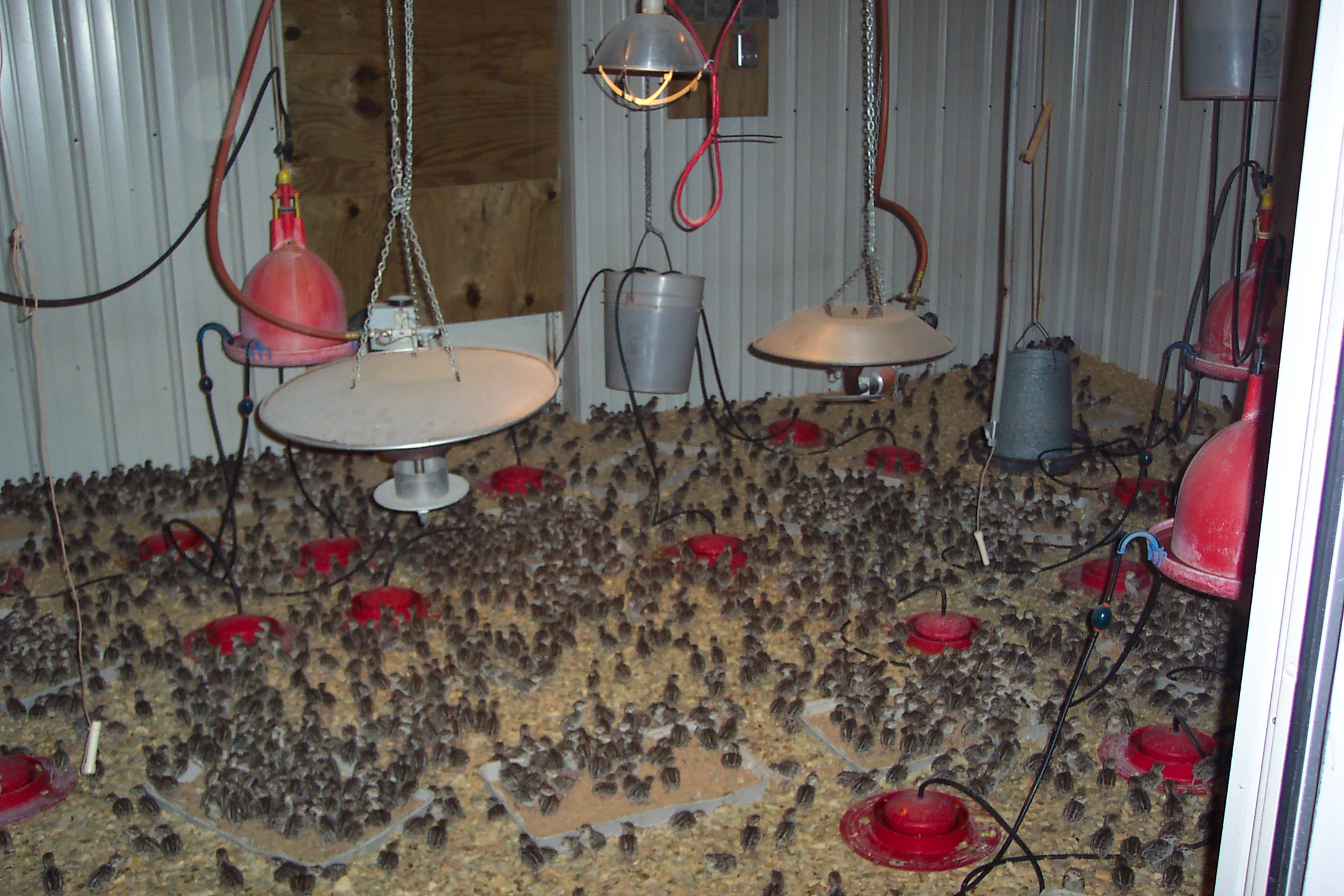
How We Prepare For Brooding Our Chicks
Read Post

The North American Gamebird Association (NAGA) Conference 2024
Read Post
Take Advantage of These Free Resources
As the biggest game bird farm in the United States, we want to share our experience with you. Download our free resources below and get started.


